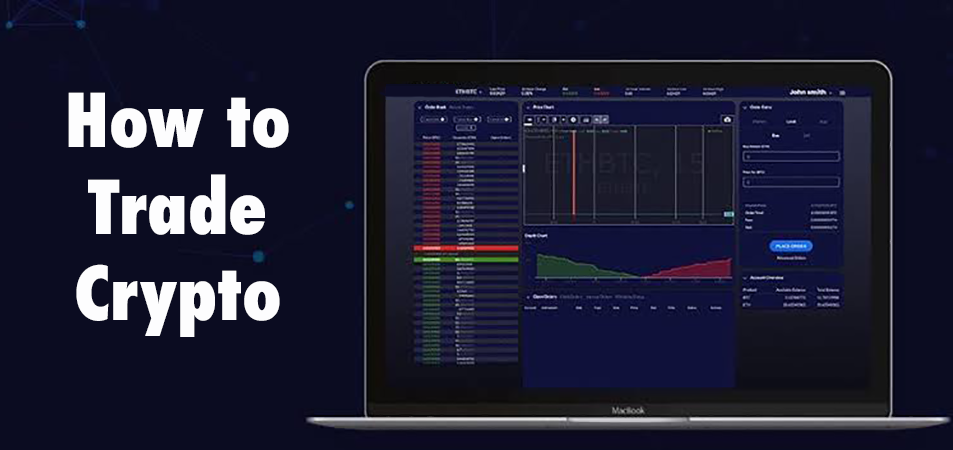Cryptocurrency trading is the act of speculating on cryptocurrency price motions by means of a CFD trading account, or buying and selling the underlying coins via an exchange. CFDs trading are derivatives, which enable you to speculate on cryptocurrency rate motions without taking ownership of the underlying coins. You can go long (' purchase') if you think a cryptocurrency will rise in value, or brief (' sell') if you think it will fall.
Your earnings or loss are still calculated according to the full size of your position, so utilize will amplify both earnings and losses. When you buy cryptocurrencies by means of an exchange, you acquire the coins themselves. You'll require to produce an exchange account, set up the amount of the property to open a position, and save the cryptocurrency tokens in your own wallet up until you're ready to offer.
Lots of exchanges also have limits on how much you can deposit, while accounts can be very costly to preserve. Cryptocurrency markets are decentralised, which suggests they are not provided or backed by a central authority such as a federal government. Rather, they stumble upon a network of computer systems. However, cryptocurrencies can be bought and sold by means of exchanges and kept in 'wallets'.
 To Trade Cryptocurrency ...blockgeeks.com
To Trade Cryptocurrency ...blockgeeks.com
When a user wishes to send out cryptocurrency systems to another user, they send it to that user's digital wallet. The transaction isn't thought about final till it has been confirmed and included to the blockchain through a procedure called mining. This is also how brand-new cryptocurrency tokens are typically developed. A blockchain is a shared digital register of taped data.
To pick the very best exchange for your requirements, it is essential to completely comprehend the kinds of exchanges. The first and most common type of exchange is the central exchange. Popular exchanges that fall under this category are Coinbase, Binance, Kraken, and Gemini. These exchanges are personal companies that use platforms to trade cryptocurrency.
The exchanges noted above all have active trading, high volumes, and liquidity. That stated, centralized exchanges are not in line with the philosophy of Bitcoin. They work on their own personal servers which produces a vector of attack. If the servers of the business were to be compromised, the entire system might be closed down for a long time.
The bigger, more popular centralized exchanges are by far the most convenient on-ramp for new users and they even provide some level of insurance need to their systems fail. While this holds true, when cryptocurrency is purchased on these exchanges it is saved within their custodial wallets and not in your own wallet that you own the secrets to.
Should your computer system and your Coinbase account, for example, become jeopardized, your funds would be lost and you would not likely have the ability to claim insurance. This is why it is important to withdraw any large amounts and practice safe storage. Decentralized exchanges work in the very same way that Bitcoin does.
Instead, think about it as a server, other than that each computer system within the server is expanded throughout the world and each computer that makes up one part of that server is controlled by a person. If among these computers shuts off, it has no result on the network as a whole since there are a lot of other computer systems that will continue running the network.